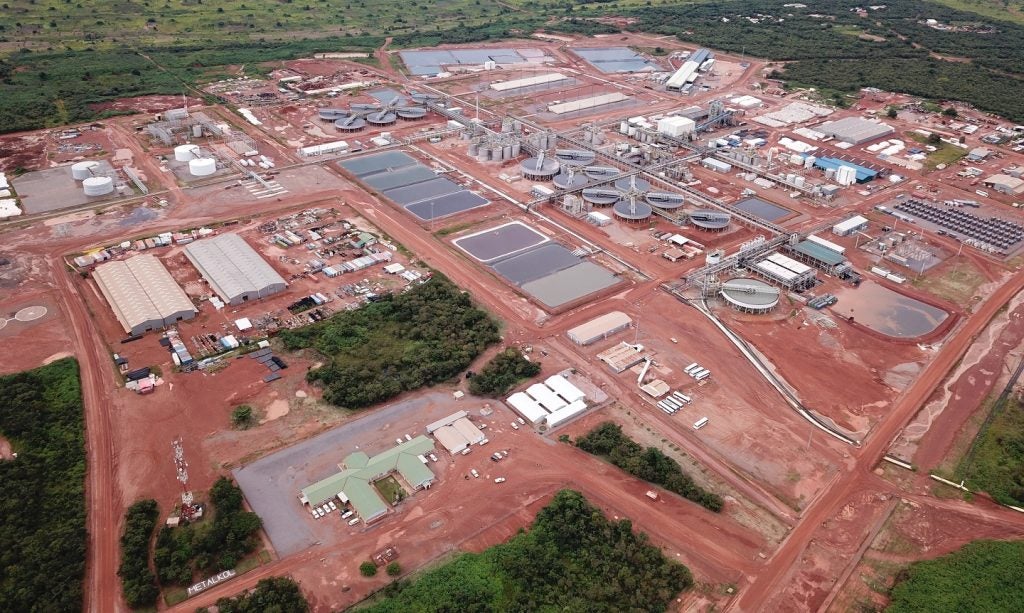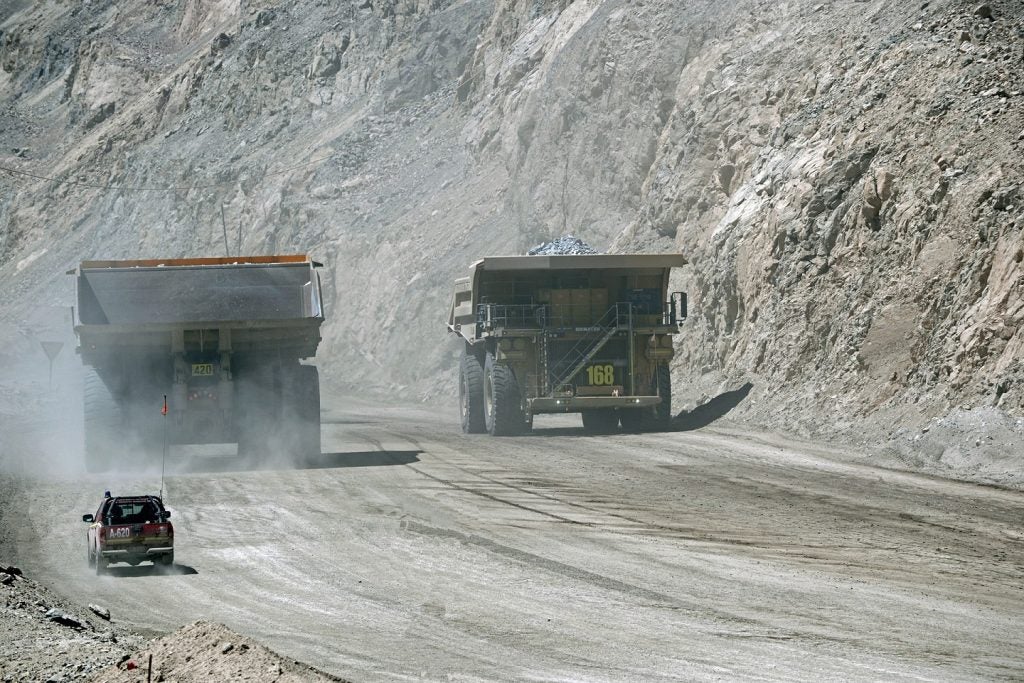A new report by Global Energy Monitor (GEM) warns that 414,200 coal mining jobs will be lost by 2035, as the transition towards greener power generation sees coal mines cease operations globally.
The coal mining industry currently employs almost 2.7 million workers, with 3,232 active mines across 70 countries producing 90% of the world’s coal. Of these, 80% of coal miners are based in Asia, with China, India and Indonesia being the top three coal-producing countries.
The report highlights the need for a ‘just’ transition. “Only 6% (148,900) of the coal miners working at thermal and mixed-grade mines are covered under current climate pledges by or before mid-century, necessitating widespread transition planning in the coming years,” it says.
China looks set to be the worst hit, with over 1.5 million coal miners currently producing half of the world’s output. In particular, the Shanxi province will suffer from mine closures, as 241,900 potential layoffs look likely by 2050.
Meanwhile, India has a workforce around half the size of the Shanxi province, employing around 337,400 miners at operative mines (although a 2021 study suggested there could be four “informal” local employees for every official employee). Indonesia ranks third globally for production, with 159,900 active coal mining jobs, almost 40% of which are based in East Kalimantan.
Company filings analysed by GlobalData, Energy Monitor's parent company, confirm a move away from coal mining in China, India and Indonesia, as part of a global push for greener power generation.
Looking further ahead, GEM’s data suggests that by 2050, foreseeable coal mine closures could mean that nearly 1 million coal mining jobs will no longer exist, putting 37% of the workforce at risk of likely layoffs. There have been early steps towards mitigating the impact of the energy transition, but the report warns: “The planning is overdue and necessitates careful spadework to ensure “untried” initiatives live up to their full potential to support workers in the world’s coal-producing powerhouses.”
The GEM report recounts several just transition arrangements, including the 2021 UN Climate Change Conference’s (COP26) decision to supply South Africa with $8.5bn to support climate resilience, followed by JETP’s $20bn for Indonesia, $15.5bn for Vietnam and $2.7bn for Senegal. However, it argues that more needs to be done.
Our signals coverage is powered by GlobalData’s Thematic Engine, which tags millions of data items across six alternative datasets — patents, jobs, deals, company filings, social media mentions and news — to themes, sectors and companies. These signals enhance our predictive capabilities, helping us to identify the most disruptive threats across each of the sectors we cover and the companies best placed to succeed.















